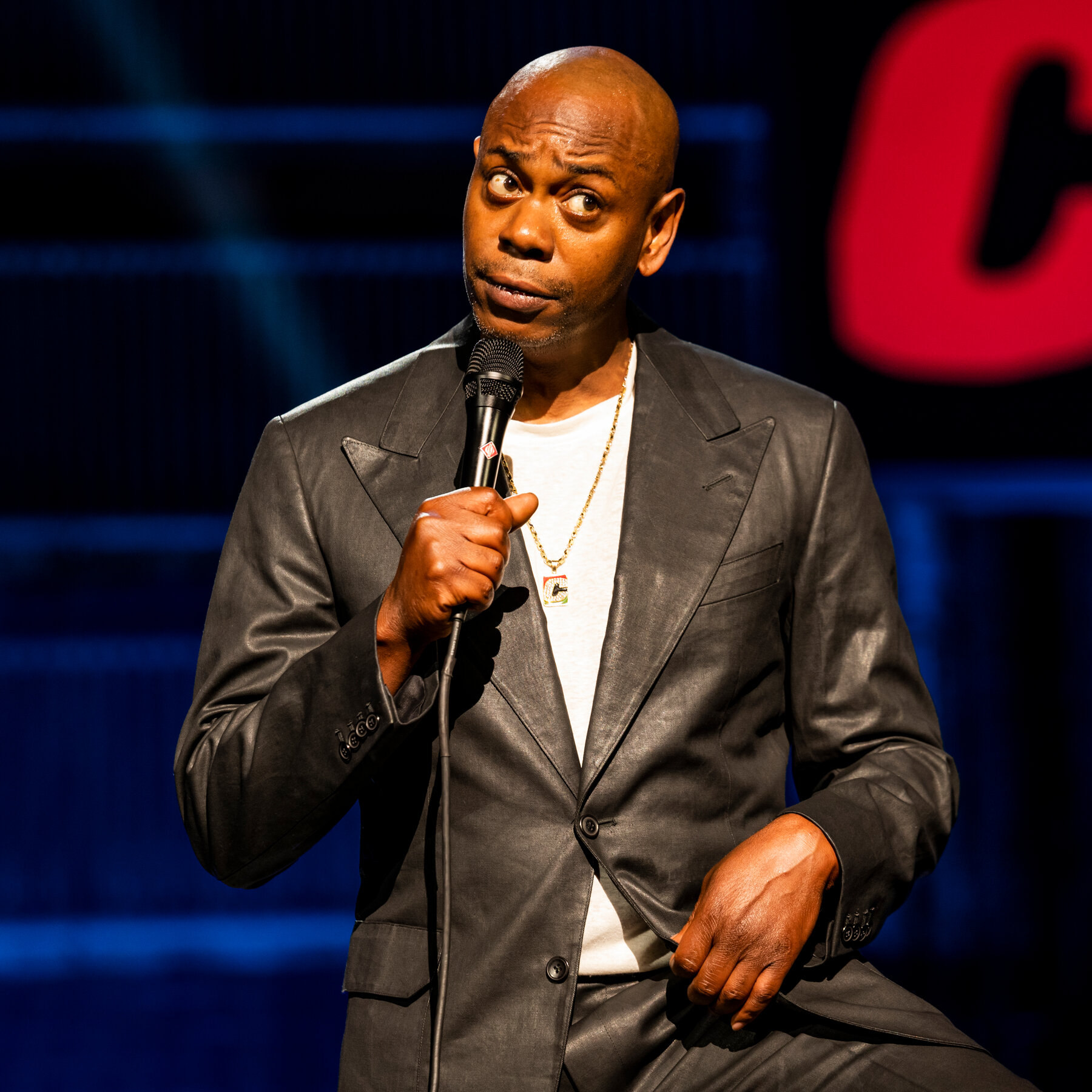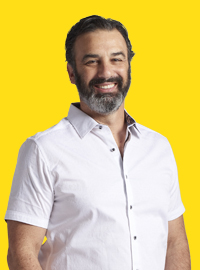I write and play music in a terrible band. The lyrics are somewhere between Tenacious D and Ray Wylie Hubbard, while the compositions are more along the lines of Steve Earle and Tom Petty. About 16 months ago, we brought on a new lead guitarist who told me he had reservations about some of the lyrical content. He said he loved it but that “comedy had changed” dramatically over the past few years. I took it to heart and made significant changes, removing some songs from our catalogue and dialing down others.
I was reminded of this by the current crisis at Netflix tied to Dave Chappelle’s latest stand-up special. I have not watched it yet but from all accounts it’s very funny – at least to some. A quick review of Rotten Tomatoes suggests reviewers are seeing it through a more progressive lens that is often applied to art and culture today, while consumers seem to love it. Marlow Stern of The Daily Beast wrote, “Chappelle’s most incendiary, troubling, and unapologetic one yet.”
As a child of the 1970s, it’s hard to imagine Eddie Murphy or Richard Pryor standing a chance today. Comedy has indeed changed, and along with reviewers like Stern, some Netflix employees are furious Chappelle’s special is streaming at all.
There’s a lesson beyond the obvious for brands – especially ones that like to push the envelope: Not only have goal posts moved, the rules changed, or whatever silly sports euphemism you want to use, but the game is altogether new. All of us today (especially me) need to pay attention to the modern sensitivities of today’s audiences and standards, which is more easily said than done.
The furor over Chappelle’s standup act involves a number of jokes aimed at transgender people. And an internal communication from Netflix co-CEO Ted Sarandos added fuel to the fire with employees, which Nexflix may or may not understand comprises any company’s pool of chief brand ambassadors and its first line of defense.
“With ‘The Closer,’ we understand that the concern is not about offensive-to-some content but titles which could increase real world harm (such as further marginalizing already marginalized groups, hate, violence etc.),” Sarandos wrote. “While some employees disagree, we have a strong belief that content on screen doesn’t directly translate to real-world harm.”
Some believe Sarandos dismissed the staff’s concerns altogether, and as a result, some Netflix employees are now planning a walkout. You can be certain the walkout will be pasted across social media and covered by traditional media, sending a signal to prospective talent and consumers alike.
From Andy Warhol to Andy Kaufman to Andy Samberg and beyond, art has always pushed boundaries, particularly comedy. That’s kind of the point, right? But there are important lessons to take from what is and is not acceptable.
- It’s far too easy to cross the line today because the line is moving seemingly every day.
- Cancel culture is real and can be remarkably dangerous.
- Being safe has never been more important (in spite of being boring).
- If you are going to cross the line, just make peace with it and don’t look back (until you are out of a job, then ignore anything I’ve told you).
- Regardless of how safe you might be, know that you will be attacked by someone, somewhere at sometime for something someone once deemed innocuous (ever seen so many “somes” in one sentence?).
- When your time for an apology comes, simply say “We screwed up,” and leave it at that. Then your apology will be picked apart and deemed inadequate.
My good friend Tom Foremski has always believed companies and brands must be content creators and distributors. We blog, we podcast, create videos, memes and images, and then we share them as a reflection of our personal or organizational interests, thought leadership or organizational cultures. And we must decide how we wish to be represented when the dust settles.
Would I bring back my band’s song “Brand New Cans” (which actually was a retribution of elective plastic surgery)? Not a chance. Might I go back and change the title of the book my partner Brian Cross and I wrote today – “F!!ck Your Formula?” Perhaps. But I sure did think it was fine three years ago.
The traps, penalties and sensitivities of today’s culture are very real and have consequences. You have multiple audiences, starting with your employees, and – unless you are FOX News – what is acceptable today is a far cry from just a few years ago. Be weary.



